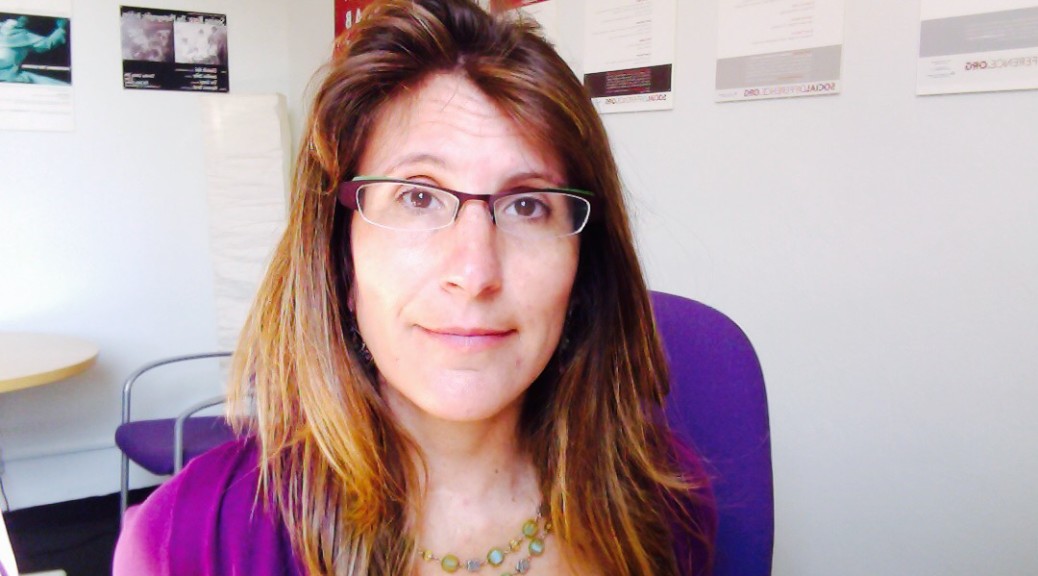LAURA CIOLKOWSKI
Associate Director of IRWGS
Associate Director of the Center for the Study of Social Difference
Adjunct Associate Professor of English and Comparative Literature
The audience [of the Center for the Study of Social Difference] has always been other faculty, but we’re always interested in expanding that, which is why we launched this blog [Social Difference Online] this past fall. Now that we’ve been taken under the wing of university development, we’re doing a lot more for trustees and alums. There’s a much broader reach at this point. It’s continuing to broaden. That’s a good thing. We have multiple audiences, so that’s a little bit challenging too. Learning how to pitch your research to different constituencies has been a kind of interesting but worthwhile thing. I feel like one should always be able to explain what one is thinking and doing. That’s almost a no-brainer, right? We should never only be talking to other academics. We should all be public intellectuals to some degree. That’s kind of what we’re aiming for.
Part of the competing vision of the center is reflected in the makeup of the working groups. If the vision is strictly an advanced study center, then there’s not a whole lot of artists and activists. It’s more focused on getting together and workshopping papers and discussing things. If the model is more capacious, or more about disseminating ideas and also pushing the boundaries of research and so forth, then you have a project like Women Mobilizing Memory, archives, other projects that are specifically interested in performance, and activism and other things, and do a lot of public programming. That was a big point of contention actually. Do we want to do any public programming? Do we want to do none? Because that takes up time and energy.
The whole idea of the center is to—we were just talking about intersectionality before—it’s really, kind of an outgrowth of that, that one can’t study gender only. You can’t study gender in isolation from race, or class, or ethnicity. It doesn’t make any sense. Certainly if you think about where gender and sexuality studies is going right now, that’s also a no-brainer. Nobody does that. That’s the starting point for pretty much everyone. Our feeling was that obviously IRWGS is immensely relevant and we do really important work, but that we needed something, some other thing, that could pull together the kinds of research, the kinds of work, and the endeavors that go on in these other centers and institutes that otherwise wouldn’t really connect somehow. So the Center for the Study of Ethnicity and Race, the Institute for Research in African American Studies—the whole litany of everybody [IRWGS, Barnard Center for Research on Women, Institute for Comparative Literature and Society]—and that the center would be the place where you wouldn’t have to worry about these kind of disciplinary boundaries. You wouldn’t have to constantly try to make the argument that when one studies gender, one has to think about race, and ethnicity, and class, and all this other stuff. The center is that. I don’t think it could be any other way. The idea is that we’re trying to do something unique in some ways because the way the university is organized, it’s really hard to initiate a working group or research project that addresses these kinds of issues. Where would it go? I’m not sure. It doesn’t fit anywhere and that’s the problem that CSSD was designed to address.

